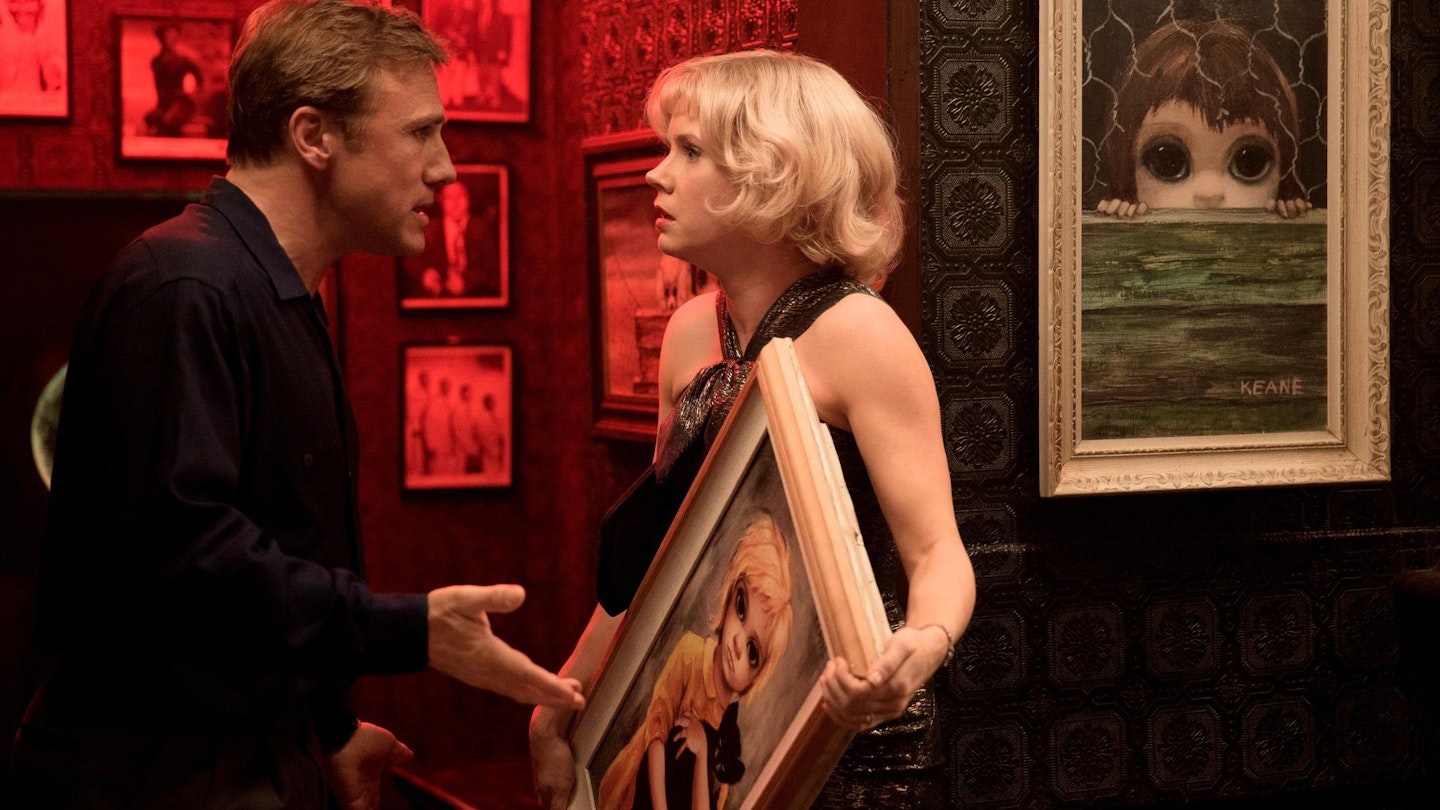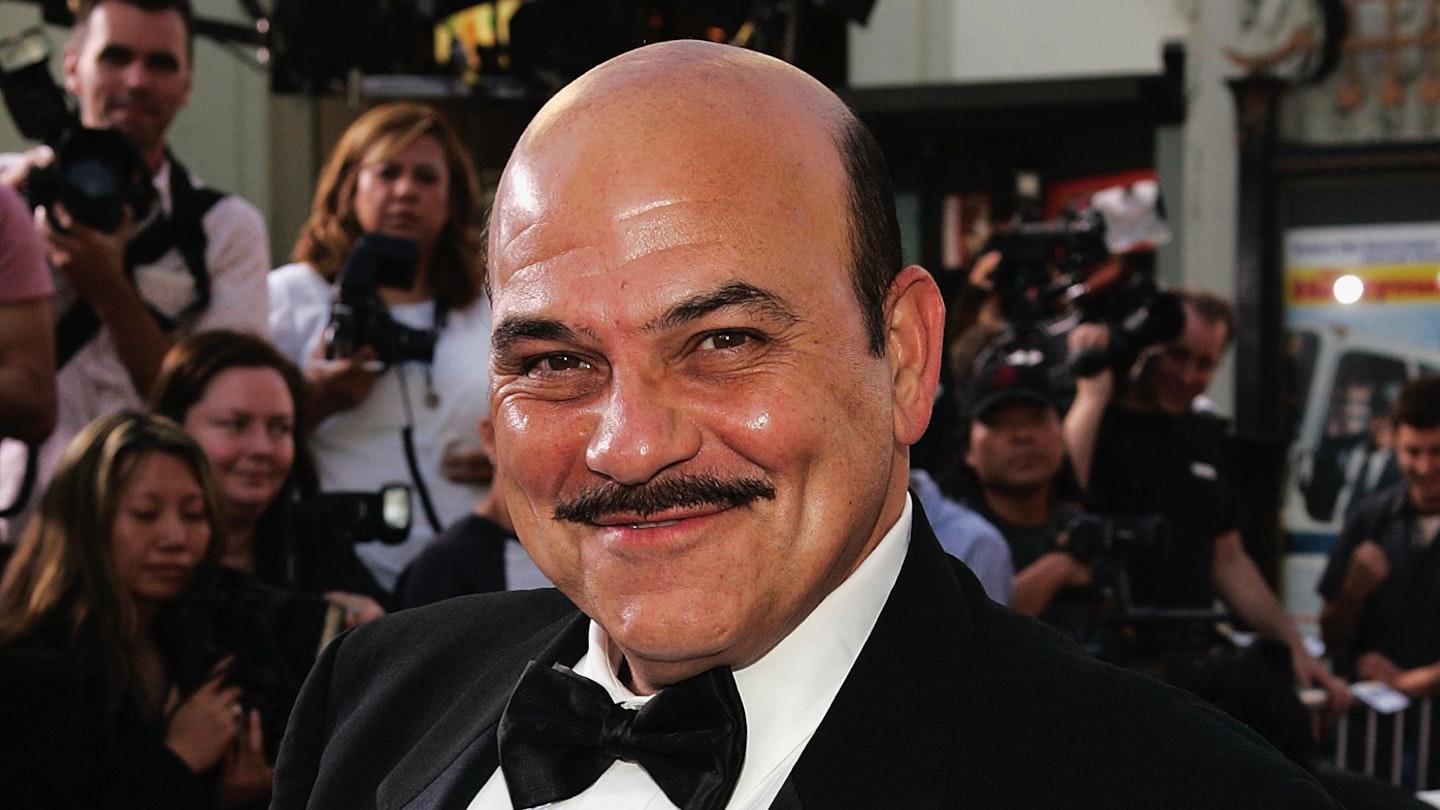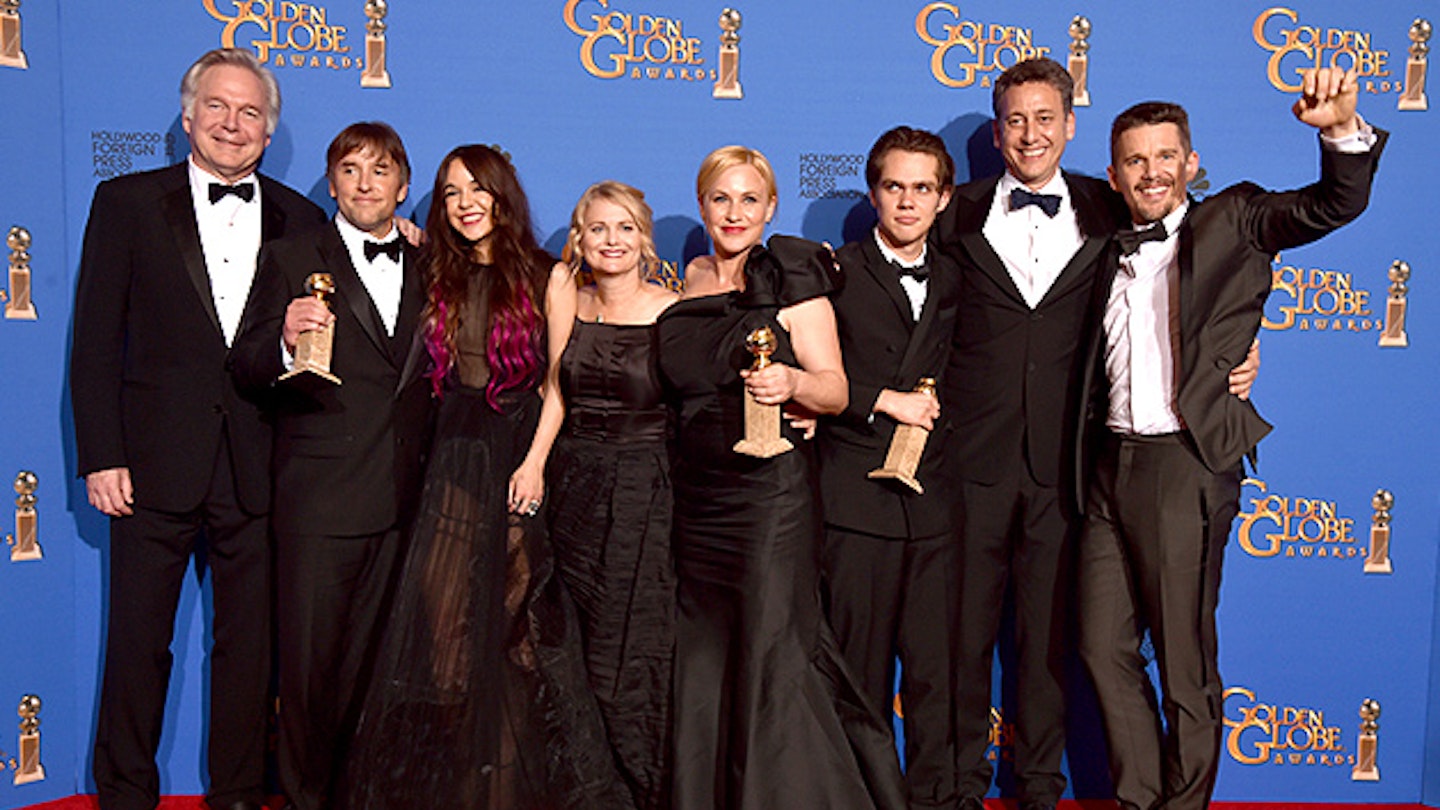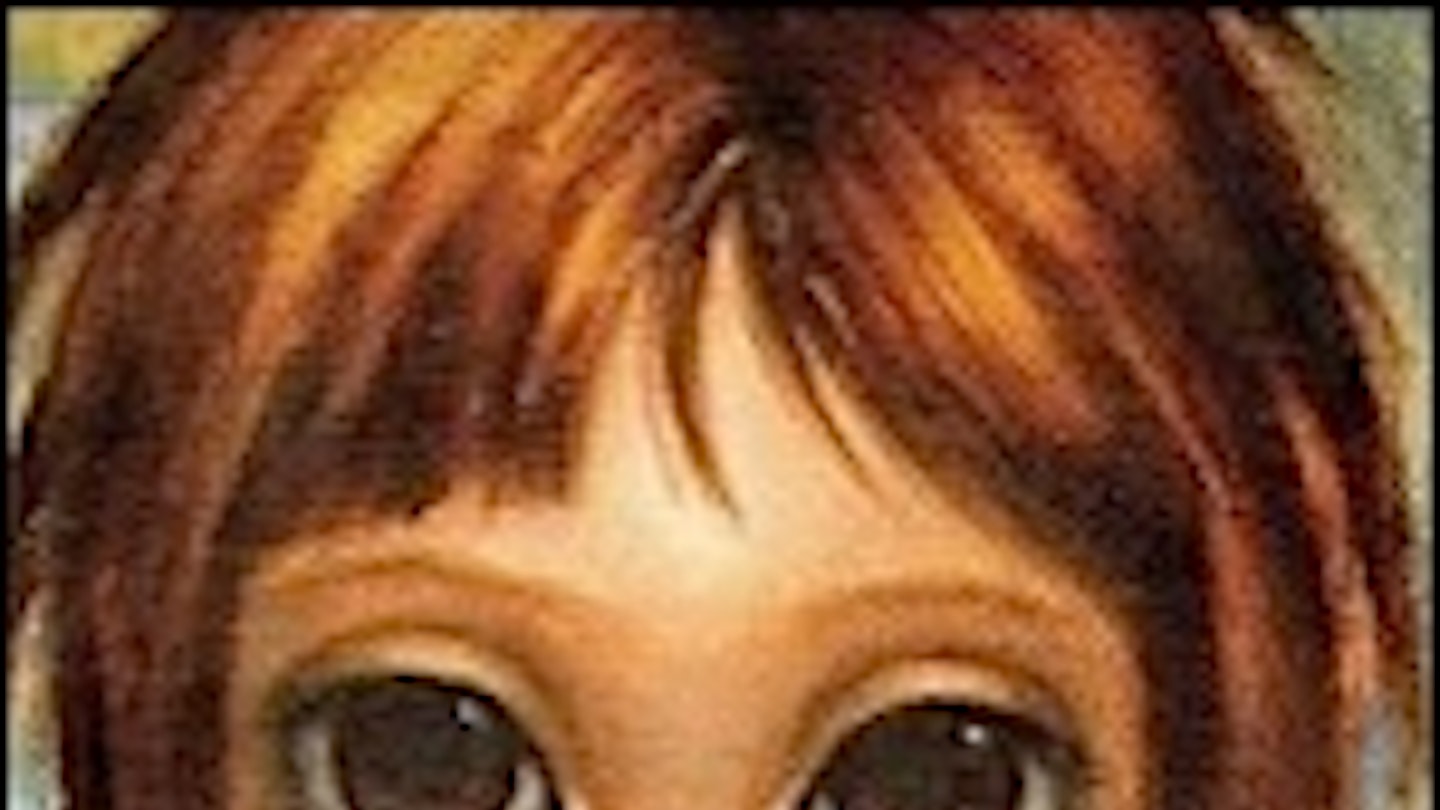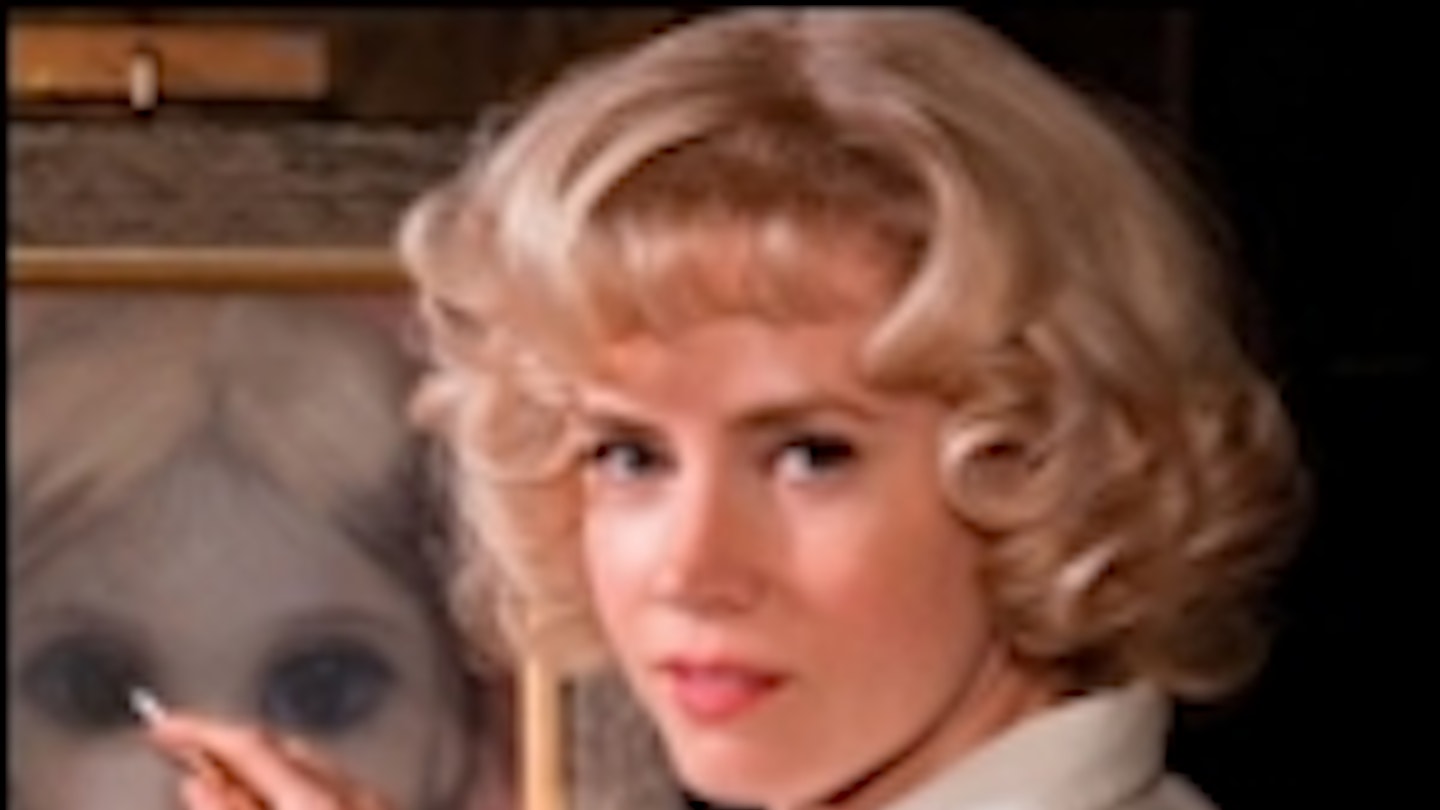Big Eyes, Tim Burton’s 17th film as a director, doesn’t fit into the pervading and possibly unfair caricature of his recent back catalogue. You know the one: Johnny Depp, Helena Bonham Carter, oddball outsider, white make-up, off-kilter camera angles, Gothic trappings, Danny Elfman tunes... Visually his sunniest film since Big Fish, Big Eyes is part art history biopic, part portrait of a sadistic marriage and part ’50s period drama with all the sexism and snobbishness the decade suggests. In scale and feel, within Burton’s output, it is probably closest to Ed Wood but it doesn’t deliver similar degrees of flavour and insight. It’s colourful and broadly enjoyable, but lacks the textures and truths to really make it great.
It’s easy to see why Burton was attracted to the story of Margaret Keane (Amy Adams), the painter of saucer-eyed waifs that became hugely popular in the ’50s. Both artists have the ability to mine the tender from the grotesque, turning a brand built on spooky kitsch into mainstream success, often to the befuddlement of the critical establishment. What feels a stretch for the director is the heart of the movie; Margaret’s difficult marriage to wannabe artist Walter Keane (Christoph Waltz), who took all the credit for his wife’s work as it grew from street art to nationwide phenomenon.
Screenwriters Scott Alexander and Larry Karaszewski specialise in off-the-wall biopics (from Ed Wood to The People Vs. Larry Flynt and Man On The Moon), but they can’t mine the complexity and sadness from Margaret’s position. A family life where a mother lies to her perceptive daughter seems ripe for nuanced, riveting drama but here veers wildly from broad comedy to slasher horror (Walter chasing the women through the house). The film also never finds a way to dramatise the source of Margaret’s creativity, be it visually or verbally (“The eyes are the windows to the soul” is about as good as it gets). There is little sense of why she ostensibly paints the same debatably banal portrait over and over again.
A blonde-wigged Adams provides a compelling, sympathetic core to the movie, selling the idea that Margaret would go along with Walter’s fraud while believably conveying the character’s forthright conviction when enough is enough.A showman, entrepreneur and confidence trickster, Walter hasan in-built capacity for loquacious language and the dramatic flourish. To start with, Waltz’s teeth-and-tics flamboyance entertains, but it soon begins to suffocate the whole picture, reaching nuclear levels whenWalter decides to cross-examine himself in a climactic court case.
Big Eyes never reconciles the tone between Adams’ gentle, studied delivery and Waltz’s cartoony outlandishness, and the depiction of what is a controlling, exploitative relationship subsequently rings false.
The big showdown sees Margaret and Walter forced to produce duelling paintings in court to prove authorship of the Keane portfolio. It’s a bizarre idea you feelmust have been a prime driver in Burton taking on the project, but he delivers a potentially great moment in the most pedestrian way.
There are, however, intermittent flashes of Burton’s personality. The pastel-coloured houses of San Francisco recall the suburbia of Edward Scissorhands, a close-up of Walter looking through a keyhole is characteristically creepy and, most strikingly, a scene in which Margaret sees the denizens of a supermarket with the pumped-uppupils of her paintings. But, while it is largely technically proficient, this is strangely anonymous filmmaking. Surely a Tim Burton film should never have a montage to a Lana Del Rey song?
